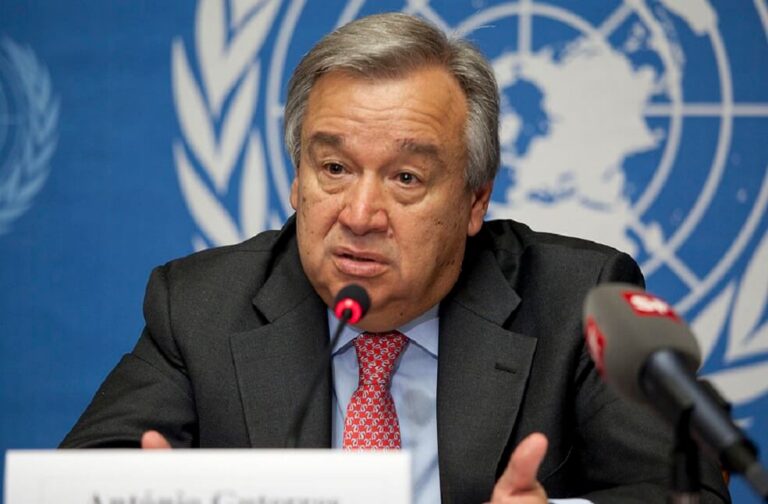London, UK: United Nations Secretary-General Mr. Antonio Guterres has expressed his concerns regarding the use of artificial intelligence (AI) to propagate disinformation and hate speech. Mr. Guterres, while unveiling a new policy on disinformation, emphasized that although technological advancements have brought about positive changes, the potential risks associated with AI pose significant threats to democracy and human rights. In support of this sentiment, Mr. Guterres endorsed a proposal put forth by certain AI executives, suggesting the establishment of an international watchdog organization akin to the International Atomic Energy Agency (IAEA).
The rise of generative AI technology, demonstrated by the public fascination surrounding ChatGPT’s launch six months ago, has contributed to the growing apprehension. Generative AI has the capability to undertake natural language processing tasks, including answering questions, summarizing text, and even generating code snippets. However, alongside its impressive capabilities, AI has also raised concerns regarding its capacity to fabricate misinformation and create deep fakes—AI-generated images and videos that convincingly imitate real individuals.

Mr. Guterres’ call for an international AI watchdog reflects a proactive approach towards addressing the risks associated with AI. Such a regulatory body could help monitor and mitigate the potential harms stemming from the misuse of AI technology. By drawing a parallel to the IAEA, which plays a crucial role in ensuring the peaceful use of nuclear technology, Mr. Guterres underscores the importance of international collaboration and oversight in dealing with the challenges posed by AI.
As AI continues to advance, it is imperative that measures are put in place to protect democracy, human rights, and societal well-being. Mr. Guterres’ warning and support for the creation of an international AI watchdog bring attention to the critical need for proactive regulation and responsible use of this transformative technology.



